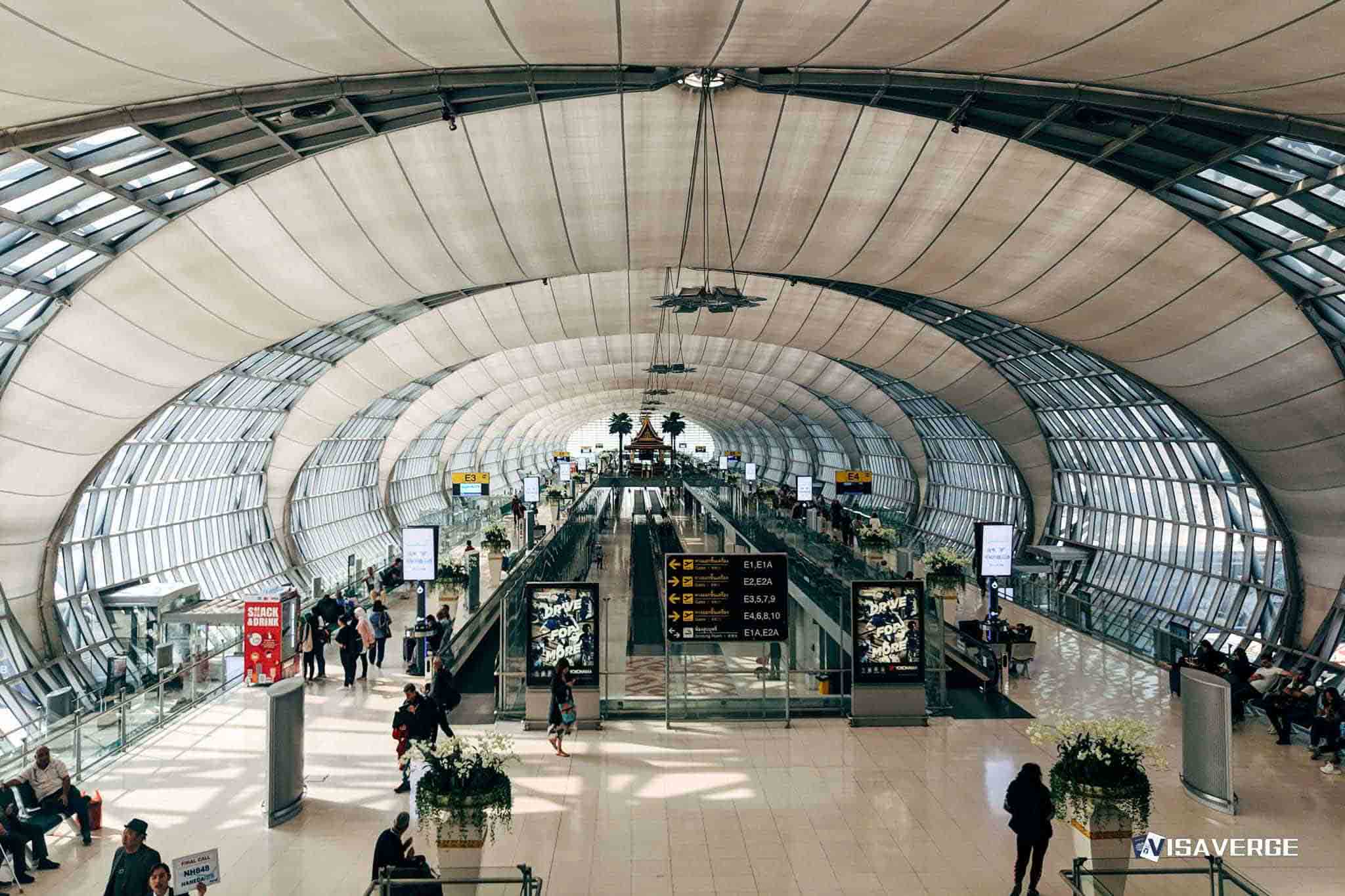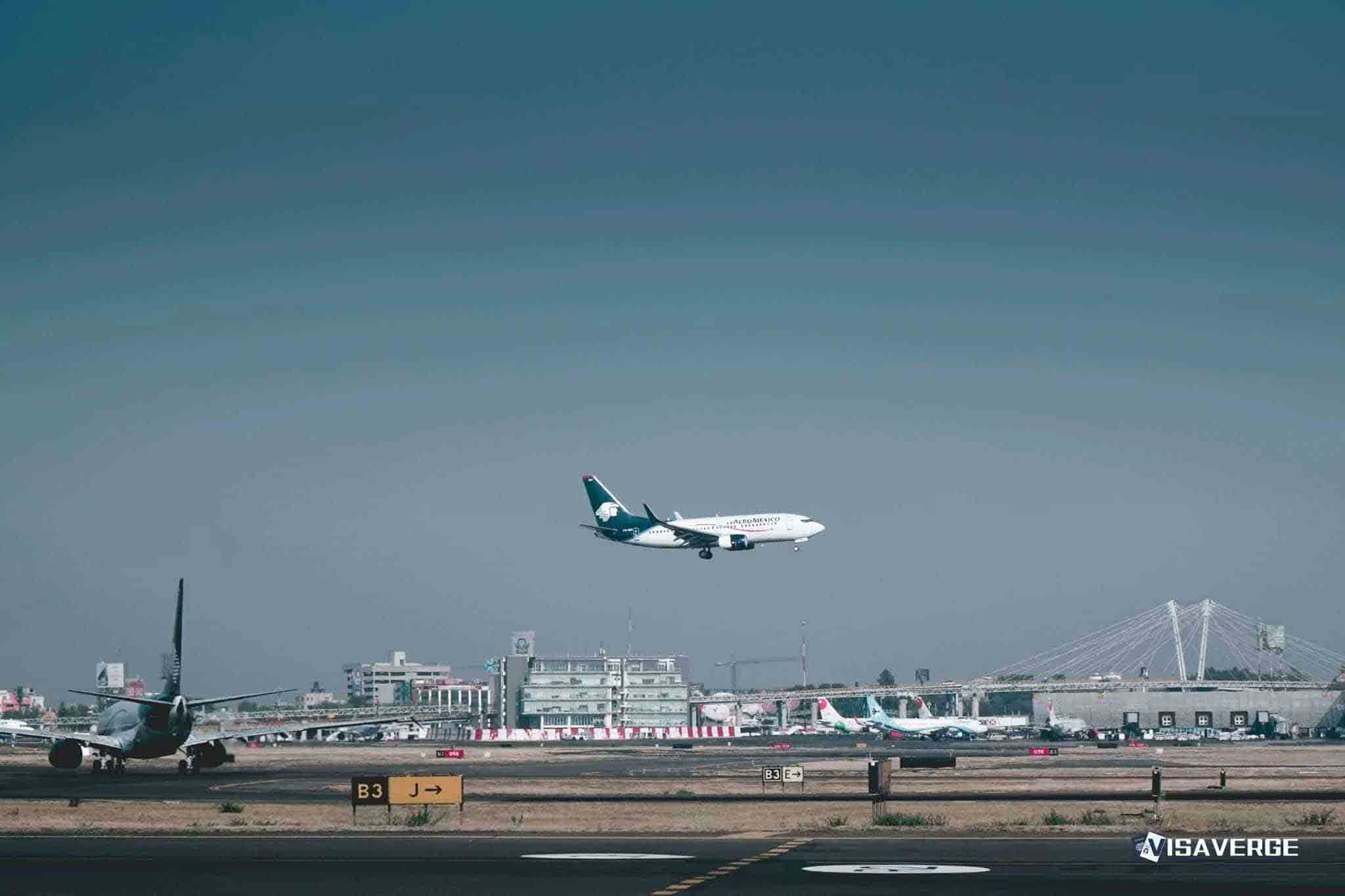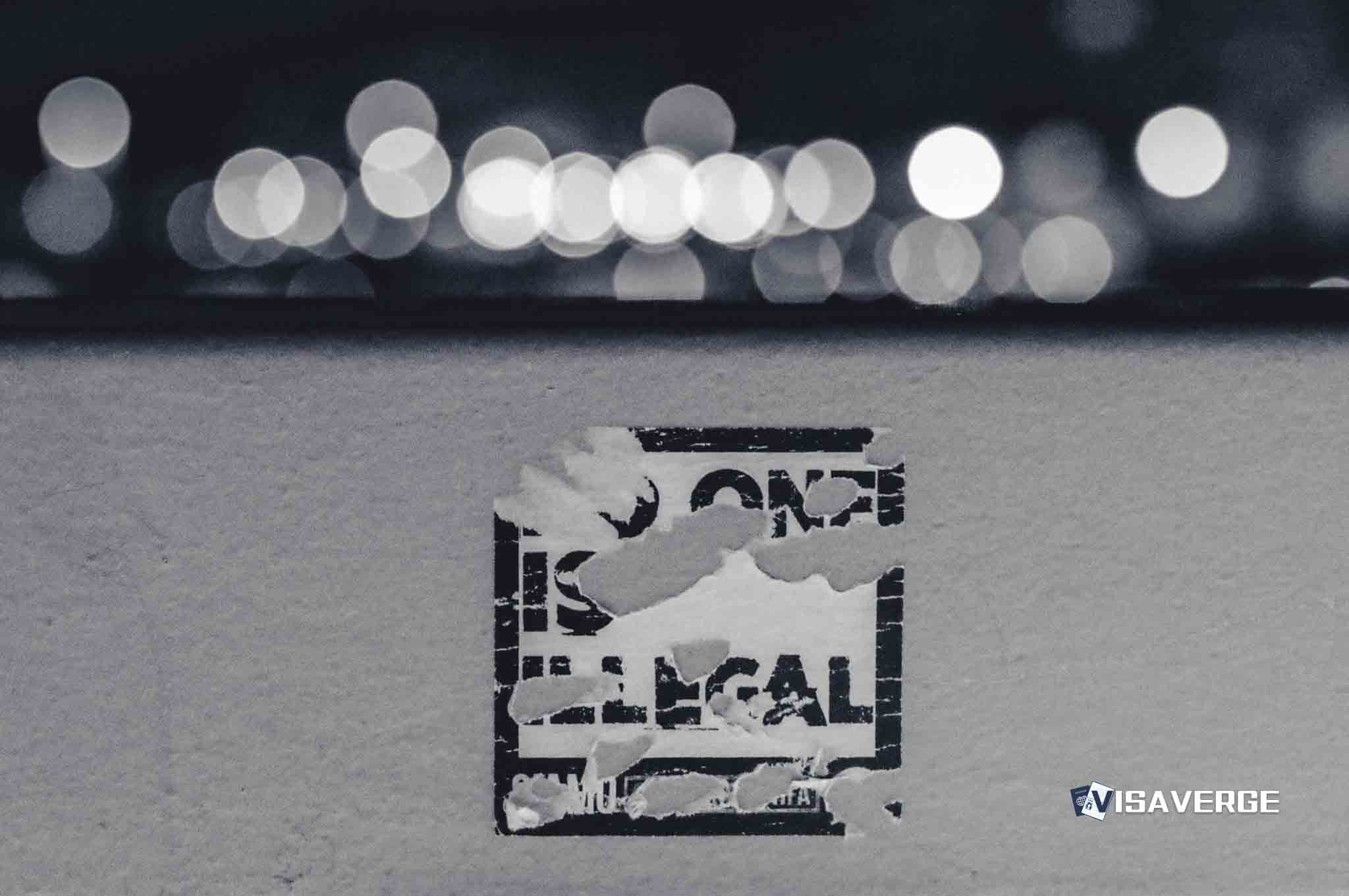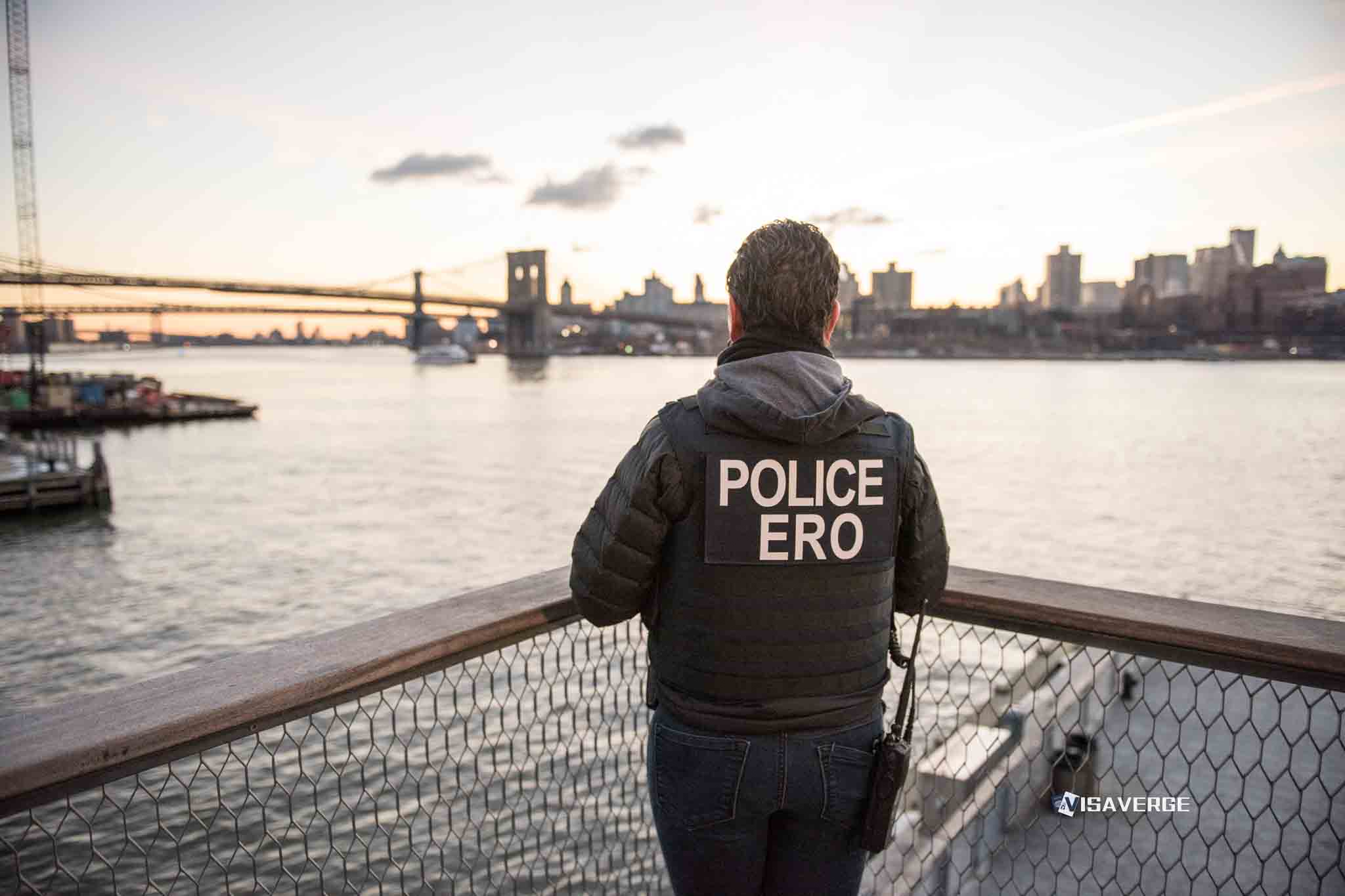(WALES) Plaid Cymru leader Rhun ap Iorwerth said this week that immigration is not a “key issue” facing Wales as parties shape their messages for the 2026 Senedd election. He argued that voters are more focused on everyday pressures like the cost of living, the NHS, and local economies. His remarks place Plaid Cymru at odds with the Welsh Conservatives and Reform UK, which have sought to put migration at the center of debate ahead of the next vote.
Ap Iorwerth’s framing and immediate response
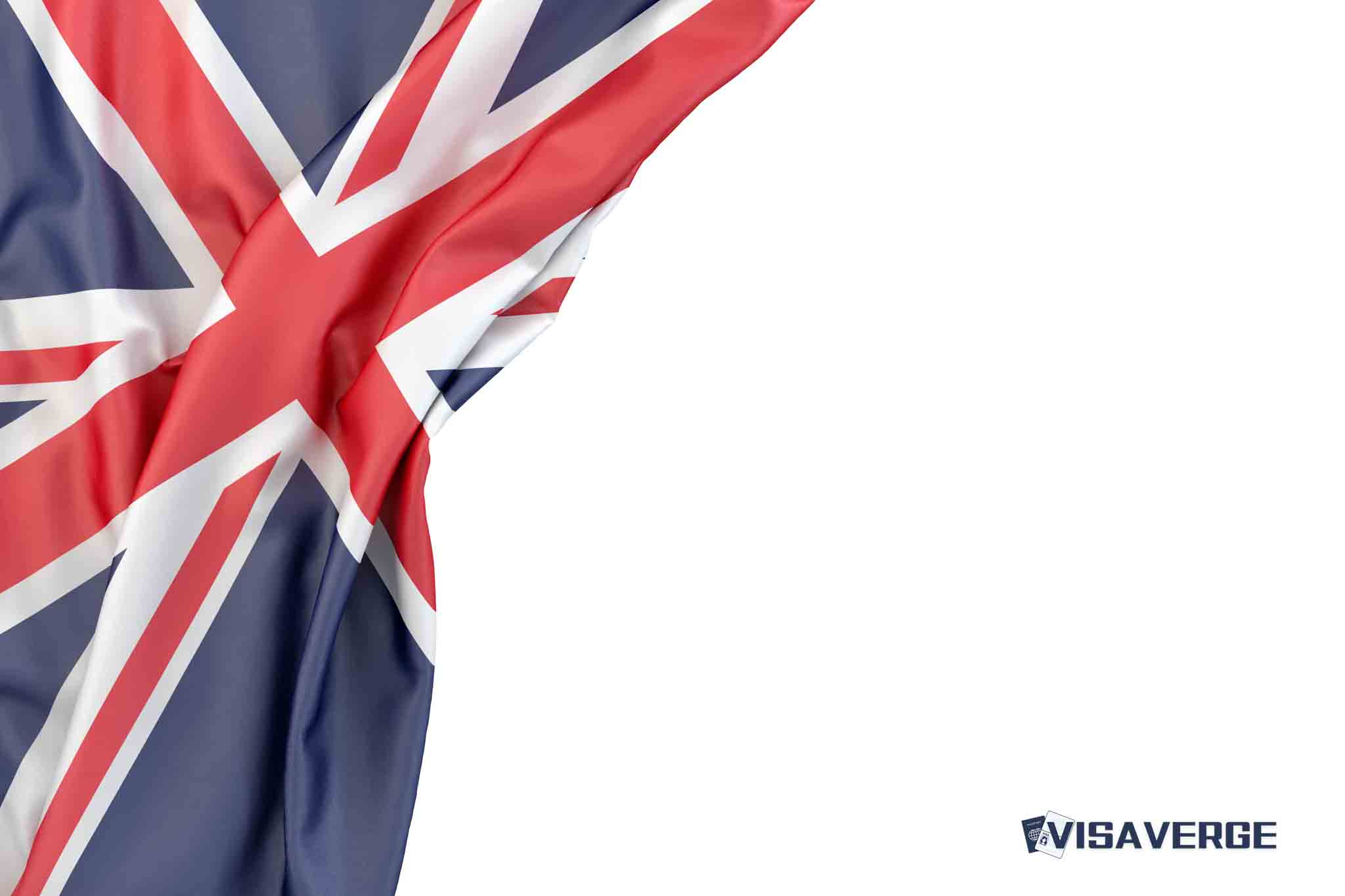
In a series of interviews, ap Iorwerth framed the discussion around what he called real-world priorities for Welsh families and communities, while underlining Plaid’s opposition to the UK government’s asylum and refugee policy.
He said: “We’ve been clear that immigration not a key issue in Wales right now,” pointing to bread-and-butter concerns that surface in constituency meetings. He also repeated his view that there is “no such thing as illegal immigration,” a phrase that has drawn sharp criticism from opponents.
- Welsh Conservative figures argued the statement ignores border crime, trafficking, and pressure on services, calling the remarks “out of touch” with concerns they hear on doorsteps.
- The dispute reflects a wider divide over the UK government’s plan to deport some asylum seekers to Rwanda and the legal framework that shapes protection duties.
Legal and moral arguments
Plaid Cymru has repeatedly said Wales should uphold its commitments under the 1951 Refugee Treaty, the international agreement that sets out who qualifies as a refugee and the rights they should receive.
- Ap Iorwerth accused ministers in London of breaching the spirit of that treaty and harming vulnerable people who reach the UK to seek safety.
- He said: “We should treat people with fairness,” emphasizing that Welsh communities can be both welcoming and honest about capacity in public services.
Conservative counter-arguments:
- They say stronger border controls and faster removals are needed to deter small boat crossings and break the business model of smuggling gangs.
- They insist voters want firm action and argue Plaid is ignoring links they see between irregular arrivals and pressure on housing and public budgets.
- Party representatives defend the Rwanda policy as a necessary tool and accuse Plaid of sending “mixed signals” on compliance with immigration law.
The language dispute: why wording matters
Supporters of ap Iorwerth say the phrase “no such thing as illegal immigration” reflects a humane approach to asylum, where people fleeing war or persecution may arrive without documents and still have a legal right to claim protection.
Critics respond:
- They say the phrase erases the reality of unlawful entry and the work of border officers.
- Some lawyers warn it risks blurring what is legal and what is not in the public mind.
Plaid’s reply:
- The party points out that UK law allows anyone to claim asylum on arrival and that seeking safety is not a crime.
- The Home Office explains the process for claims on its official site; readers can find details at Home Office guidance on claiming asylum.
Policy split: deterrence vs. fair, fast decisions
Policy experts note that disputes over wording often mask a deeper division:
- Option A: Deter arrivals through removals and offshore processing.
- Option B: Focus on fair, fast decisions and create safe routes to cut smuggling.
Plaid Cymru’s stance:
- Favors the second approach, repeatedly citing the 1951 Refugee Treaty and the UK’s historic role in refugee protection.
Welsh Conservatives’ stance:
- Continue to stress enforcement and removals, backing tougher border measures and quick deportation for failed claims.
Political context and local results
Analysts say the Welsh response to national rhetoric may differ from parts of England, where migration often polls highly.
- Reform UK ran a strongly anti-immigration campaign in Caerphilly, but finished with about a third of the vote, while Plaid Cymru won decisively.
- Party organizers in several Valleys seats point to that result as evidence voters weigh other issues first, even when immigration dominates UK headlines.
- Analysis by VisaVerge.com indicates local context, economic stress, and trust in devolved services often shape Welsh voting behavior more than national clash points.
Local impacts and community responses
Community leaders in towns that have hosted asylum seekers describe a mixed picture:
- Many residents offer help while councils try to balance tight budgets.
- A volunteer in a south Wales church group said families wanted clear information and steady support rather than “political rows.”
- Business owners report labor shortages in sectors such as agriculture and social care, making workforce issues part of the conversation even as national parties trade enforcement rhetoric.
Positions from opposition and Plaid allies
Opposition officials:
- Welcome honest debate but insist Plaid should be clearer that those who breach immigration rules can face removal.
- Argue deterrence prevents dangerous journeys and protects lives in the Channel.
Plaid allies:
- Say the best way to save lives is to create safe, legal routes and to apply the law in line with the 1951 Refugee Treaty.
- Note the Senedd does not control UK border policy and urge devolved leaders to focus on what they can do:
- Support community cohesion
- Plan services
- Encourage fair treatment
What to watch ahead of 2026
Campaign staff expect the clash to continue, with the UK government’s asylum policies as a backdrop while Welsh parties compete over health, jobs, and bills.
- If Plaid’s bet is right — that immigration is not a key issue for most undecided Welsh voters — local priorities may crowd out national fights.
- If Conservative strategists succeed in making border control a test of competence, Plaid could face sharper questions over the phrase that has sparked the most heat: “no such thing as illegal immigration.”
For now, both sides claim to speak for the public mood, and both are preparing for a campaign where the hardest arguments may not be the ones that decide the result.
This Article in a Nutshell
Plaid Cymru leader Rhun ap Iorwerth said immigration is not a key issue for Wales ahead of the 2026 Senedd election, focusing instead on cost of living, NHS and local economies. He reaffirmed Plaid’s support for the 1951 Refugee Treaty and argued for humane treatment and fair, fast asylum decisions. Conservatives and Reform UK counter that stronger border controls and removals are needed to tackle trafficking and service pressures. The dispute highlights a choice between deterrence and safe legal routes as parties shape campaign messages.








